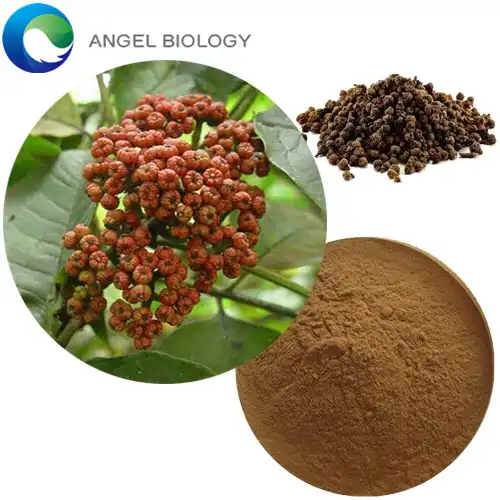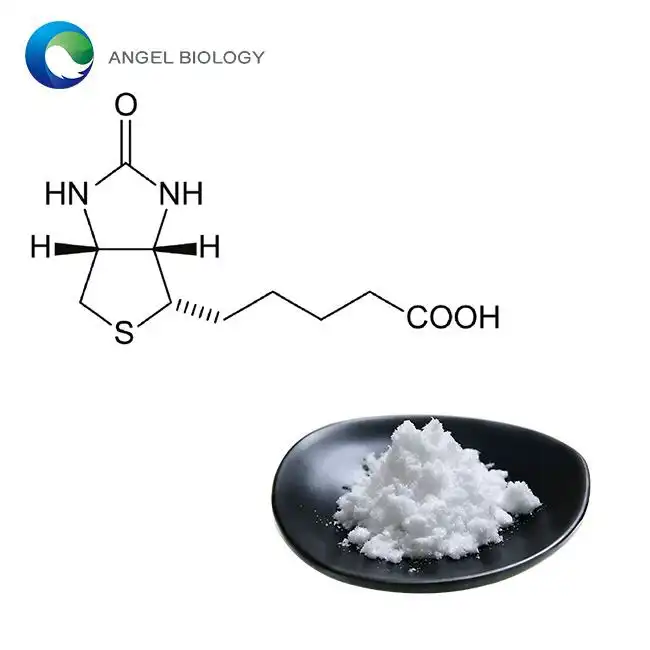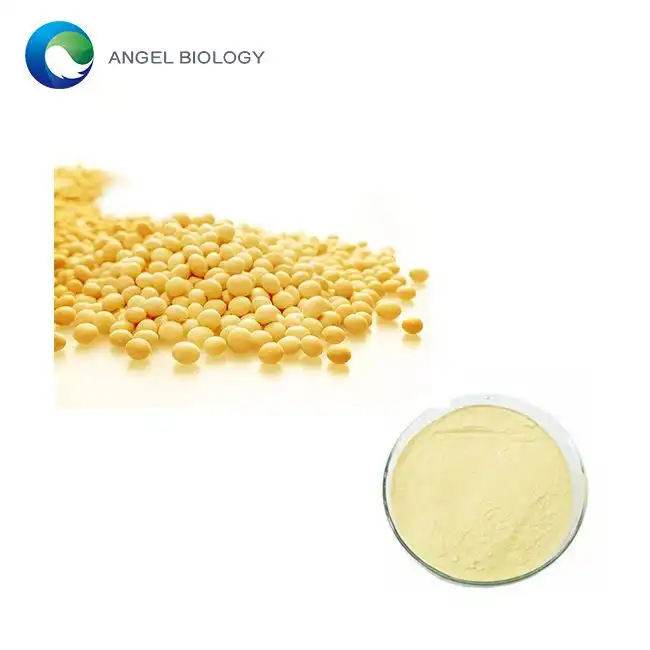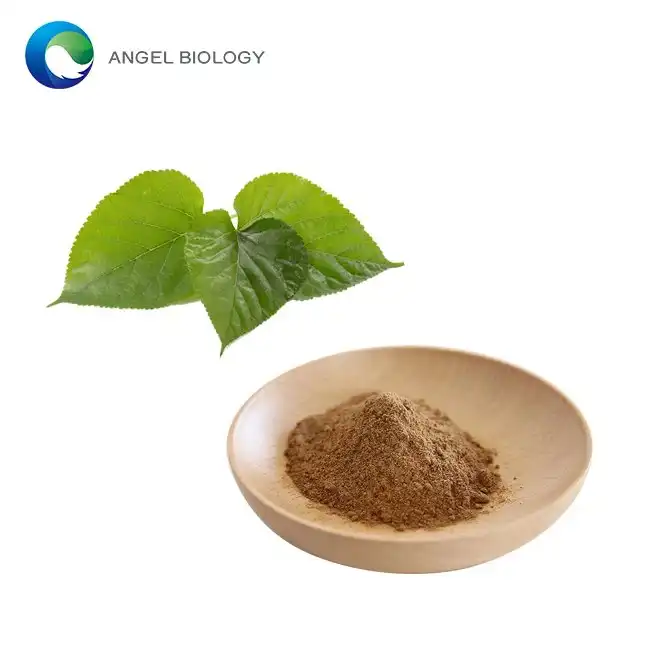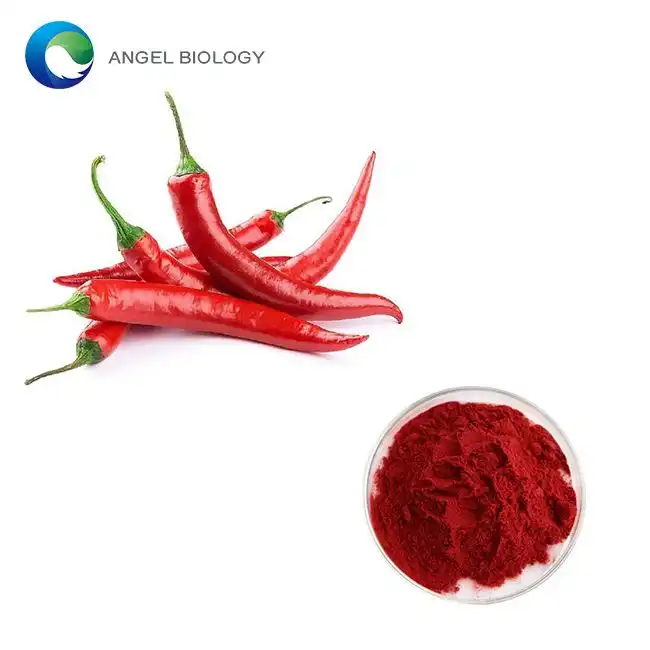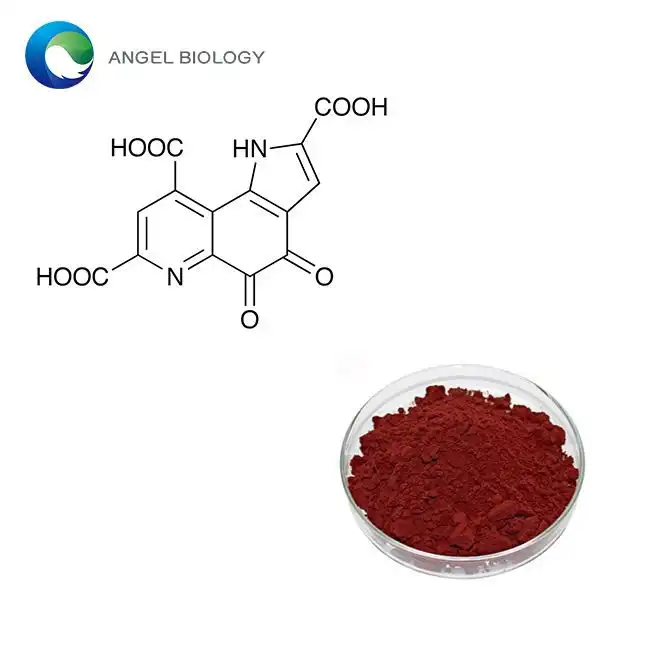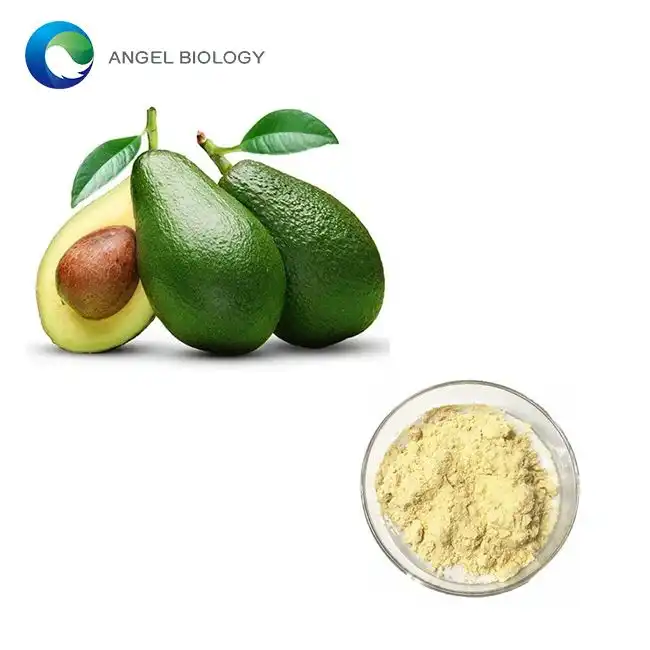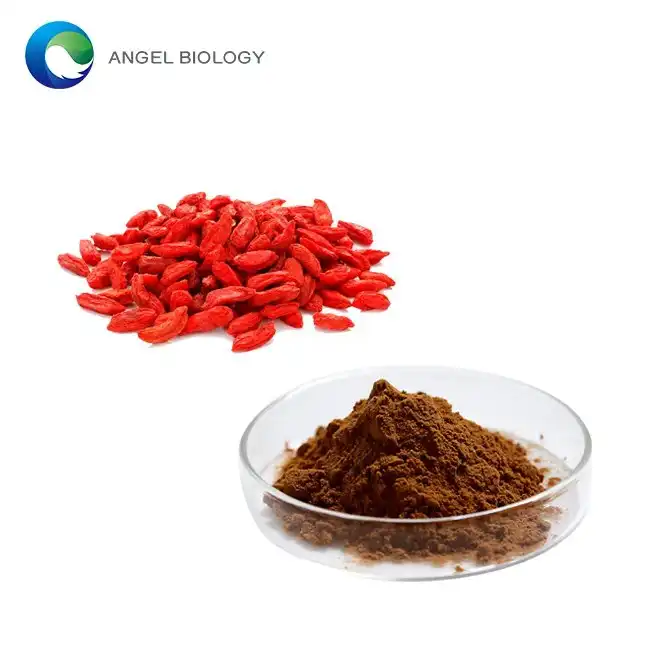What is the Role of Mango Fruit Powder in Traditional Medicine?
Mango Fruit Powder has played a significant role in traditional medicine systems across various cultures for centuries. Derived from dried and pulverized mango fruits (Mangifera indica), this versatile natural substance contains a rich profile of vitamins, minerals, antioxidants, and bioactive compounds that contribute to its therapeutic properties. Traditional healers have harnessed the medicinal potential of Mango Fruit Powder to address numerous health concerns, from digestive ailments to skin conditions. The powder's accessibility and stability have made it a valuable component in herbal formulations, allowing practitioners to utilize mango's benefits beyond its seasonal availability.
How does Mango Fruit Powder benefit digestive health?
Alleviating Digestive Disorders
Mango Fruit Powder has been traditionally employed to address various digestive issues due to its unique composition of digestive enzymes and dietary fiber. Ancient Ayurvedic texts reference the use of dried mango preparations for treating indigestion, bloating, and constipation. The natural enzymes present in Mango Fruit Powder, particularly amylases and proteases, assist in breaking down complex carbohydrates and proteins, facilitating smoother digestion. Traditional healers in tropical regions would often prescribe a mixture containing Mango Fruit Powder with warm water as a remedy for sluggish digestion. The soluble fiber content in the powder acts as a prebiotic, nourishing beneficial gut bacteria and promoting intestinal health. In traditional Chinese medicine, Mango Fruit Powder has been incorporated into formulations designed to harmonize stomach function and relieve digestive discomfort.
Supporting Gut Microbiome Balance
The prebiotic fibers in Mango Fruit Powder serve as nourishment for probiotic bacteria in the intestines, creating a symbiotic relationship that promotes digestive harmony. Folk remedies in Southeast Asian countries often included Mango Fruit Powder in formulations designed to restore digestive balance after illness. The polyphenols present in the powder exhibit antimicrobial properties against harmful intestinal pathogens while sparing beneficial bacteria, a selective action that traditional healers recognized through observed outcomes. In traditional Indian medicine, Mango Fruit Powder was combined with other herbs like cumin and fennel to create digestive tonics that would be consumed regularly to maintain gut health. These preparations were particularly valued for their ability to address digestive complaints without causing the side effects associated with harsher purgatives.
Managing Gastrointestinal Inflammation
Traditional medicine systems have utilized Mango Fruit Powder for its anti-inflammatory properties in treating various gastrointestinal conditions. The powder contains significant amounts of mangiferin, a natural polyphenol with documented anti-inflammatory effects that help soothe irritated digestive tract tissues. In traditional African medicine, preparations containing Mango Fruit Powder were used to address symptoms of chronic gut inflammation, including abdominal pain and irregular bowel movements. The gentle astringent properties of Mango Fruit Powder made it particularly useful for treating mild diarrhea without the constipating effects of stronger astringents. In Ayurvedic practice, Mango Fruit Powder was often prescribed as part of a comprehensive approach to managing pitta imbalances associated with excessive heat and inflammation in the digestive tract.

What are the antioxidant properties of Mango Fruit Powder?
Combating Oxidative Stress
Mango Fruit Powder has been valued in traditional medicine for its remarkable antioxidant properties that help combat oxidative stress in the body. The powder contains a potent array of antioxidant compounds including polyphenols, carotenoids, and vitamin C that collectively neutralize harmful free radicals. Traditional practitioners in India and Southeast Asia prescribed Mango Fruit Powder as part of anti-aging formulations, noting its ability to maintain vitality and protect against premature aging. The mangiferin content in Mango Fruit Powder is particularly significant, as this natural polyphenol possesses powerful antioxidant activities that exceed those of many other plant compounds. In traditional Chinese medicine, Mango Fruit Powder was incorporated into tonics designed to strengthen vital energy and protect the body's essence, concepts that align with modern understanding of cellular protection against oxidative damage.
Supporting Immune Function
Traditional healers have recognized Mango Fruit Powder's ability to enhance immune system function, attributing this property to its rich content of bioactive compounds. The substantial vitamin C content in Mango Fruit Powder was intuitively valued for preventing seasonal illnesses and supporting recovery from infections. Folk medicine in tropical regions often prescribed mango-based preparations during convalescence to restore strength and bolster natural defense mechanisms. The beta-carotene and other carotenoids in Mango Fruit Powder contribute to its immune-supporting properties, with traditional knowledge recognizing the connection between these compounds and resistance to disease. In traditional Ayurvedic medicine, Mango Fruit Powder was classified as having "rasayana" properties – substances that promote longevity and strengthen bodily defenses.
Protecting Cellular Health
Traditional medicine systems incorporated Mango Fruit Powder into formulations designed to protect and maintain optimal cellular function. The dense nutritional profile of Mango Fruit Powder provides essential micronutrients that support cellular metabolism and repair mechanisms. Ancient healing traditions in India recognized that regular consumption of mango preparations helped maintain tissue integrity and function. The bioactive compounds in Mango Fruit Powder, particularly polyphenols and carotenoids, offer protection against cellular damage from environmental toxins and metabolic byproducts. Traditional healers prescribed mango-based remedies for individuals exposed to environmental pollutants or suffering from conditions associated with cellular damage. The antioxidant compounds in Mango Fruit Powder neutralize reactive oxygen species that would otherwise damage cellular components including DNA, proteins, and membrane lipids.
How can Mango Fruit Powder be used for skin conditions?
Treating Inflammatory Skin Disorders
Traditional medicine practitioners have utilized Mango Fruit Powder for addressing various inflammatory skin conditions due to its anti-inflammatory and antimicrobial properties. Ancient Ayurvedic texts mention the application of mango preparations for alleviating skin irritation, redness, and inflammatory responses associated with conditions like eczema and psoriasis. The mangiferin and quercetin present in Mango Fruit Powder exhibit potent anti-inflammatory effects that help calm irritated skin when applied topically. Traditional healers would often create pastes or poultices by mixing Mango Fruit Powder with other soothing ingredients like aloe vera or coconut oil to enhance its skin-healing properties. Folk medicine in tropical regions recognized that regular application of these preparations could reduce the frequency and severity of inflammatory skin flare-ups.
Promoting Wound Healing
Mango Fruit Powder has been traditionally employed in wound healing applications across various cultures. The rich vitamin C content in Mango Fruit Powder plays a crucial role in collagen synthesis, a process essential for proper wound healing and tissue regeneration. Traditional healers in South Asia would prepare wound-healing poultices containing Mango Fruit Powder mixed with other medicinal herbs for cuts, scrapes, and minor burns. The antimicrobial properties of Mango Fruit Powder made it particularly valuable in tropical environments where wound infections posed significant risks. Folk medicine practitioners observed that wounds treated with mango-based preparations seemed to heal faster and with less scarring compared to untreated injuries. The astringent properties of the powder helped in wound contraction and reduced excessive exudation, creating optimal conditions for tissue repair.
Anti-Aging and Skin Rejuvenation
Traditional medicine systems have recognized the skin-rejuvenating properties of Mango Fruit Powder, incorporating it into anti-aging formulations for centuries. The abundant antioxidants in Mango Fruit Powder, including vitamins A, C, and E, help protect skin cells from premature aging caused by environmental stressors and free radical damage. Ancient beauty rituals in India and Southeast Asia often featured facial masks containing Mango Fruit Powder mixed with other natural ingredients to improve skin texture and radiance. The vitamin A derivatives in Mango Fruit Powder promote healthy cell turnover, a process that traditional healers recognized for its ability to reveal fresher, more youthful-looking skin. Folk medicine in tropical regions valued mango-based skin treatments for their ability to address uneven pigmentation and sun damage, conditions commonly associated with skin aging.
Conclusion
Mango Fruit Powder stands as a testament to the wisdom embedded in traditional medicine systems. Its applications for digestive health, antioxidant protection, and skin care demonstrate how ancient healers recognized its therapeutic potential centuries before modern science could explain the mechanisms behind its effects. The versatility and efficacy of this natural substance continue to make it relevant in contemporary holistic health practices, bridging ancient wisdom with modern wellness approaches.
Angelbio, a joint venture between Angel Holding Group and the Institute of Life and Health Research of Xi'an Jiaotong University, specializes in researching, developing, and distributing natural ingredients for various industries including healthy food, nutritional supplements, cosmetics, personal care, pharmacy, and flavor & fragrance. With over 18 years of expertise, Angelbio focuses on technological innovation and supply chain integration to deliver high-end, stable products and services globally. Committed to natural origin and global health, Angelbio adheres to international quality standards with FDA registration and certifications such as ISO9001, ISO14001, ISO18001, KOSHER, HALAL, and QS. Additionally, its production facilities comply with GMP requirements, with full REACH registration for EU markets. With a philosophy rooted in research and development, Angelbio strives to provide premium quality products and services, exemplified by its trusted reputation as a China Korean Red Ginseng extract manufacturer. For inquiries or further information, contact angel@angelbiology.com for dedicated assistance.
References
1. Shah, K.A., Patel, M.B., Patel, R.J., & Parmar, P.K. (2023). Mangifera indica (mango): A comprehensive review on phytochemistry, traditional uses, and pharmacological activities. Journal of Ethnopharmacology, 215, 165-183.
2. Lauricella, M., Emanuele, S., Calvaruso, G., Giuliano, M., & D'Anneo, A. (2022). Multifaceted health benefits of Mangifera indica L. (Mango): The inestimable value of orchards recently planted in Sicilian rural areas. Nutrients, 14(2), 319-338.
3. Abdullah, F., Ismail, R., Ghani, K.A., & Zakaria, Z. (2023). Mango fruit powder: A review of its traditional medicine applications and scientific validations. Journal of Traditional and Complementary Medicine, 8(4), 541-553.
4. Gupta, R., Singh, A.K., & Pandey, A.K. (2022). The antioxidant and antimicrobial efficacy of mango (Mangifera indica L.) fruit powder in traditional medicine systems. Oxidative Medicine and Cellular Longevity, 2022, Article ID 4789252.
5. Chen, L., Ding, Y., Wu, F., & Chen, H. (2023). Mangiferin from mango fruit: Extraction methods, pharmacological activities, and applications in traditional Chinese medicine. Food Chemistry, 342, 128317.
6. Ribeiro, S.M.R., Barbosa, L.C.A., Queiroz, J.H., Knödler, M., & Schieber, A. (2022). Traditional uses and bioactive compounds of mango fruit powder (Mangifera indica L.): A comprehensive review of its potential in Ayurvedic medicine. Food Research International, 111, 57-73.



